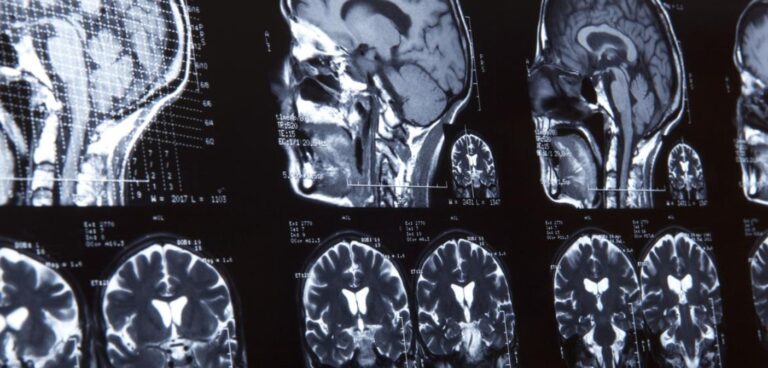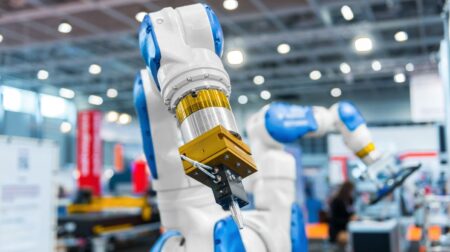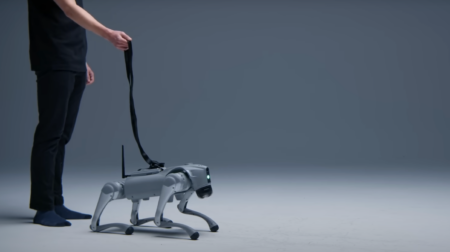Researchers from Imperial College London have developed an optical fibre sensor, powered by artificial intelligence (AI), which is designed to measure key biomarkers of traumatic brain injury (TBI).
The team claims the study has yielded promising results based on trials of the technology on animal brain tissue. They suggest it could help clinicians to improve monitoring of disease progression and patients’ response to treatment and that is has potential for human diagnostic trials.
TBIs need to be continuously monitored during treatment. Intracranial probes are used to monitor indicators of injury progression, which are known as biomarkers.
Some of these probes can measure only one biomarker at a time. Others can monitor several biomarkers, but this requires multiple tubes to be inserted into the brain, which can cause further tissue damage or infections.
The new system can reportedly monitor four biomarkers at once and uses machine learning algorithms to predict biomarker concentrations based on real time data.
Dr Ali Yetisen, who led the research team at the department of chemical engineering, said: “Our study showed the device’s ability to dynamically monitor multiple biomarkers to assess metabolic changes in the brain.
“It continuously reflects the injury’s status, which could help neurosurgeons follow the disease course precisely to make evidence-based clinical decisions and treatment.”
The research is published in Matter.
The device is made from an optical fibre that is inserted into brain tissue to monitor the cerebrospinal fluid (CSF). Four sensing films are attached to the fibres’ tip, which simultaneously measure levels of one biomarker in the CSF each: pH, temperature, dissolved oxygen and glucose.
To test the device, researchers monitored biomarkers in a lamb brain. The healthy brain, which had not suffered TBI, was suspended in artificial CSF that was tweaked to replicate the brain chemistry of mild and severe TBI.








